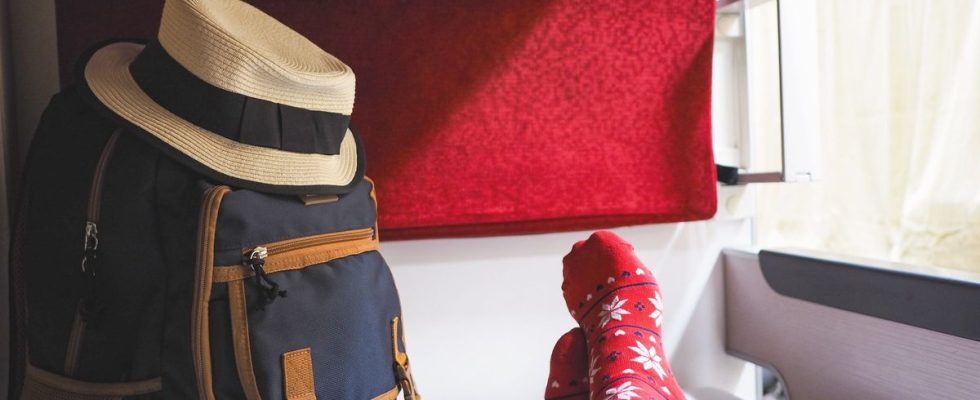This summer, tourist guides and getaway books are praising the train. The reason ? Ecology, of course, but also a return to a slower way of life. “There is a real renewed appeal for the train”, testifies Vincent Barbare, CEO of Edi8. And the words of Cécile Pétiau, editorial director of Hachette Tourisme go in the same direction: “It’s more than a fashion, it’s a rediscovery of a means of transport, due to the fact that many people are more and more sensitive to their carbon footprint”.
“Slow Life” and praise of slowness
The authors call for “rediscovering the pleasures of slowness”, as the Tao guide. Juliette Labaronne author of slow-train writes there: “The goal is not only the goal, but the path that leads to it”, His work, published in 2019 by Arthaud, launched the trend. These guides are interested in railway heritage.
Le Petit Futé invites you to stop at the Latvian Train History Museum in Riga. The editions of Rail Life even offer a very extensive guide to rail tourism and leisure in France. Michelin has partnered with the SNCF for its “Holidays by train” which invite you to travel across France by TER, with testimonials from railway workers in support.
The train, highlighted in tourist guides
“We are also gradually strengthening the place of the train in the Green Guides”, underlines Philippe Orain, the director of the travel guides bearing the image of “Bibendum”. Most of the guides on the market offer more or less realistic itineraries, preceded by advice which is also realistic. Barcelona-Stockholm or Amsterdam-Split at Lonely Planet. A loop in Scotland at Hachette. Limoges-Vierzon at Michelin. Or a daring bet at Gallimard which offers, despite the war in Ukraine, a route from Kiev to Odessa and Lviv, in a guide published in 2023. And even a Sofia-Athens route… where there is in fact no more train.
But in this palette of recent guides, Le Backpacker is absent. “We cannot really make a generalist guide on trains”, judges his boss Philippe Gloaguen. “It’s a very special science, each country has its own policy! “. But “we talk about it systematically in all our guides, always,” he says.

